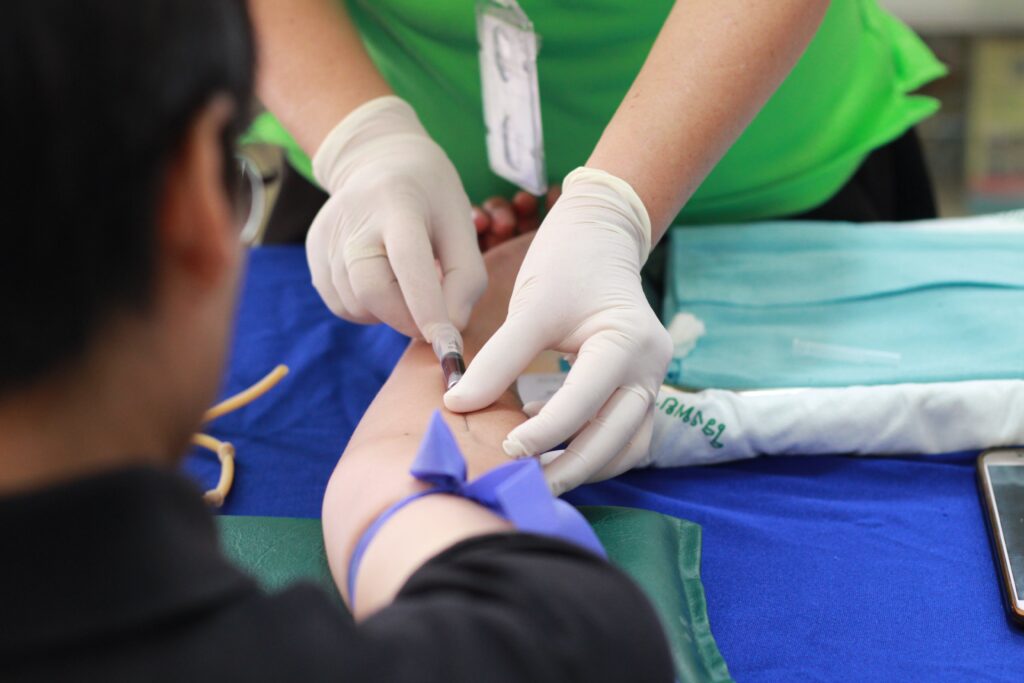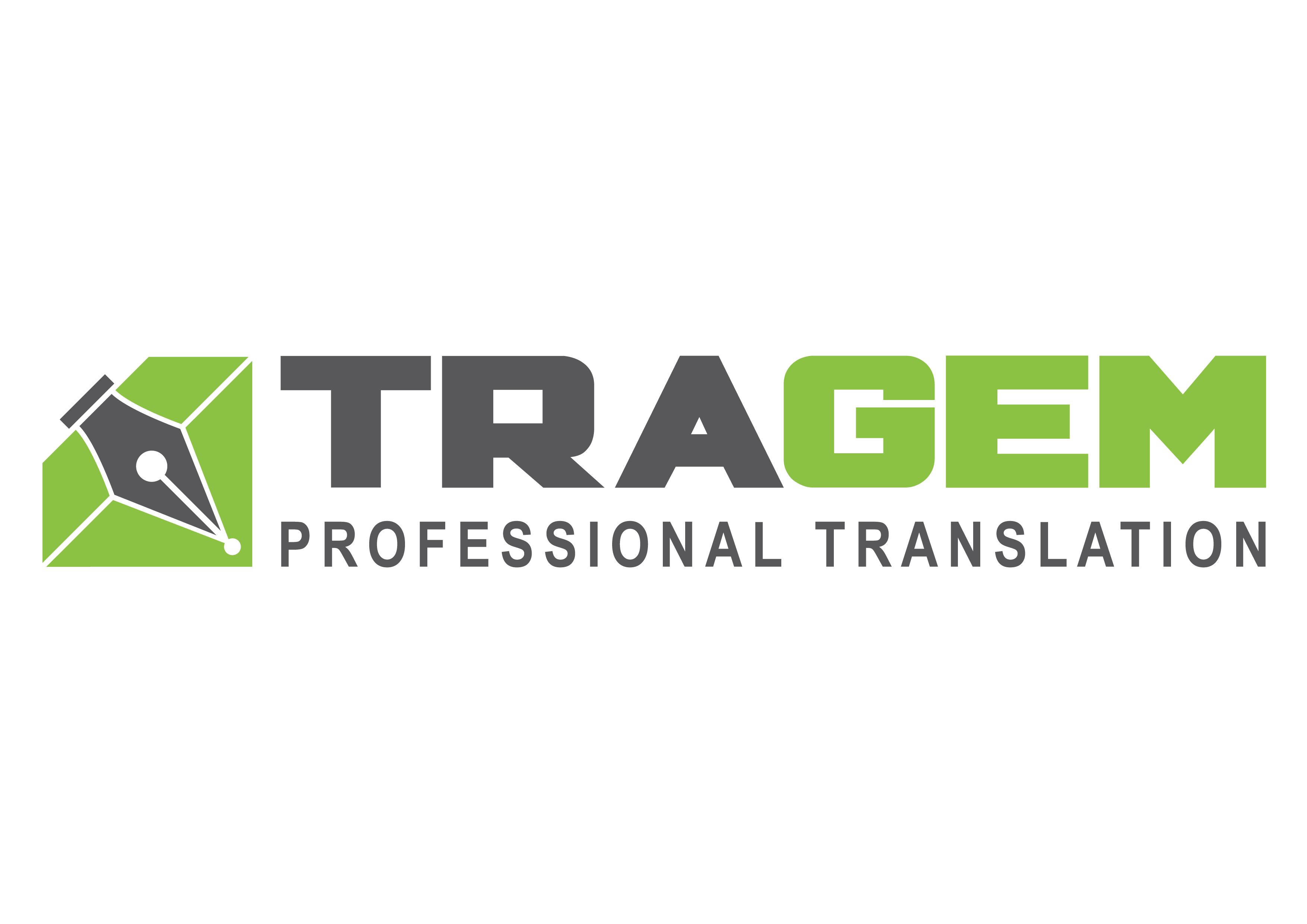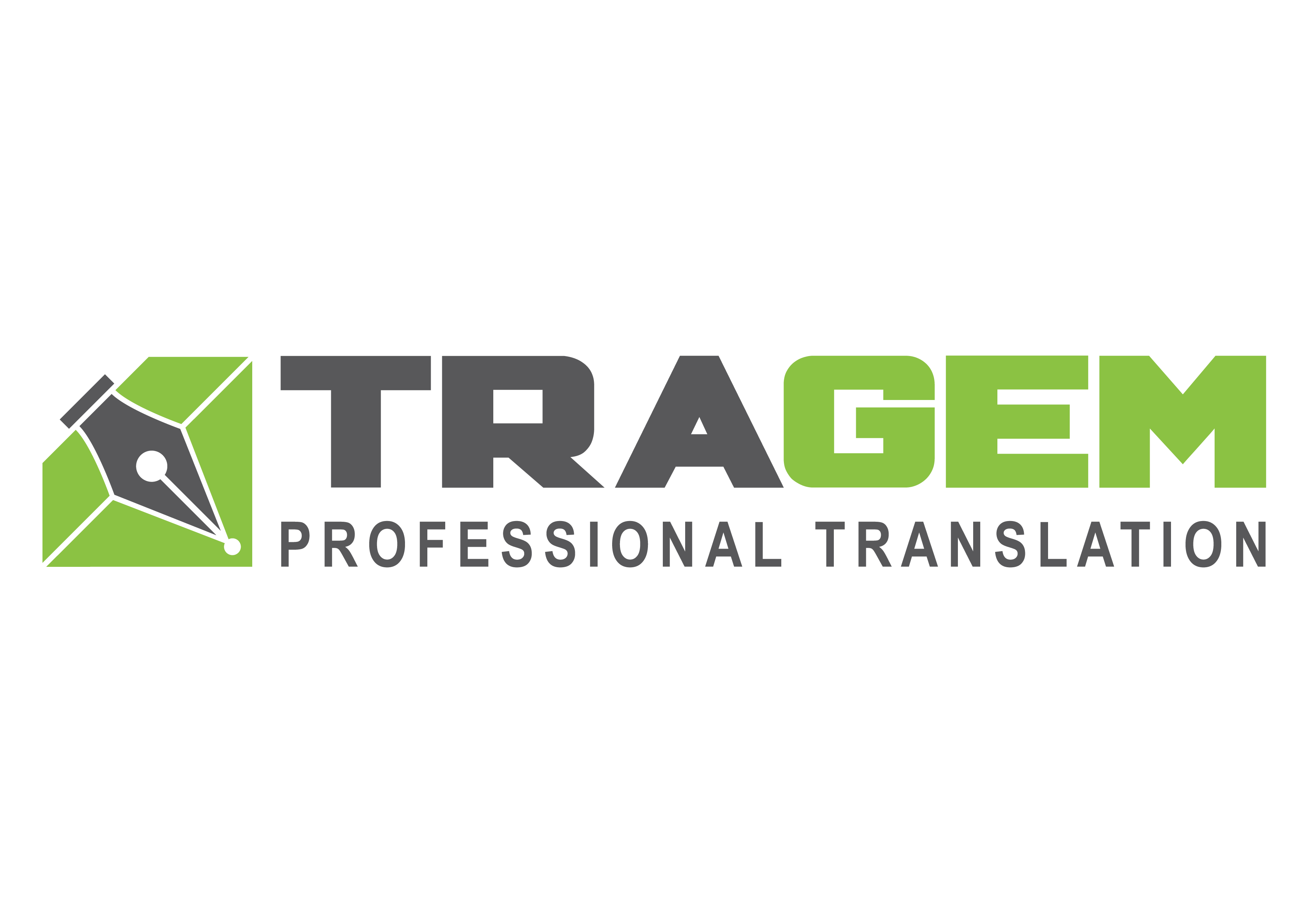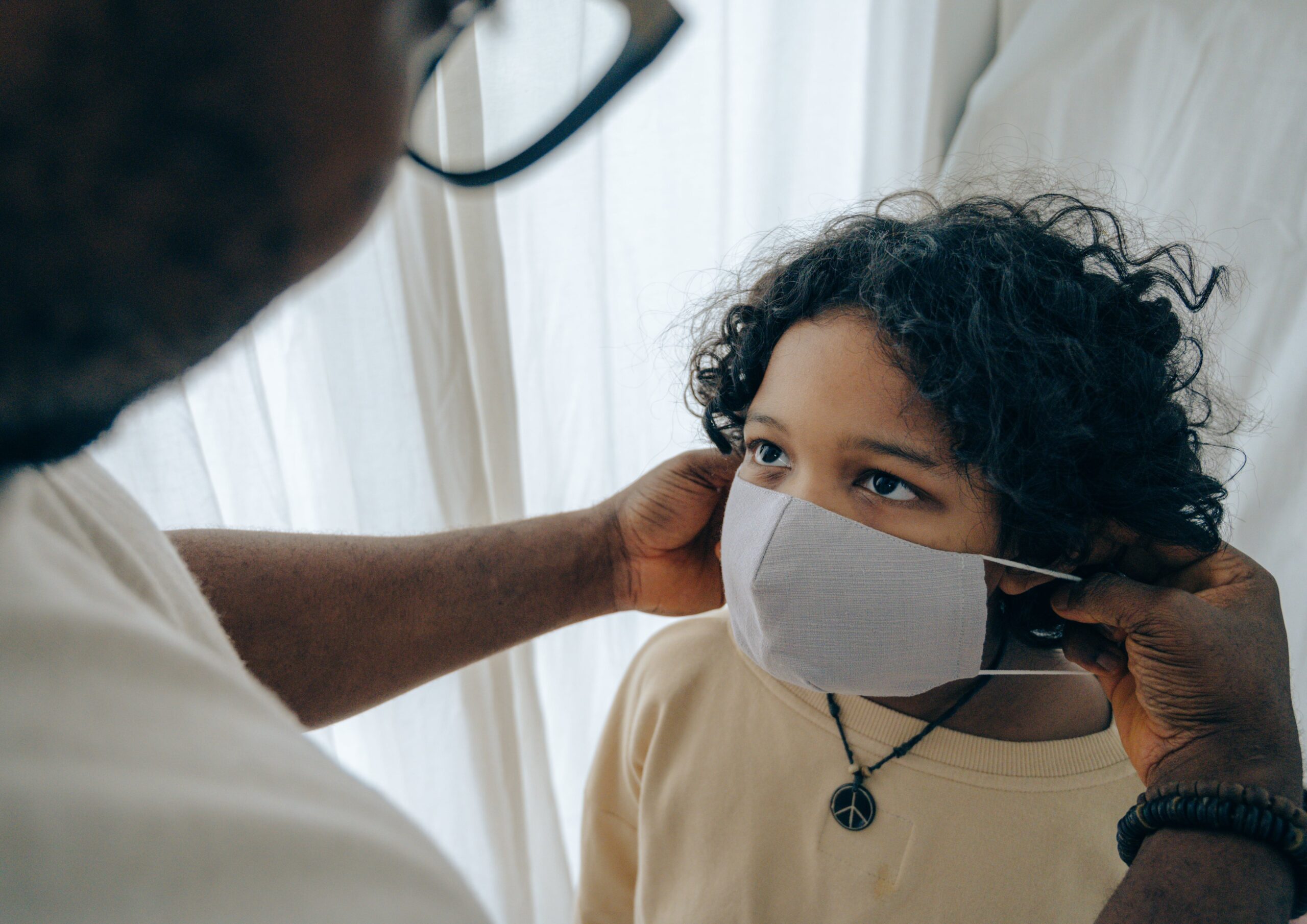Bridging Healthcare Borders
The Vital Role of Localization in MEA Healthcare Systems
In the Middle East and Africa (MEA), the healthcare landscape is as diverse as the cultures and languages that populate the region. From bustling urban centers to remote rural villages, accessing quality healthcare services can vary drastically, presenting unique challenges and opportunities for healthcare providers. In this dynamic environment, accurate healthcare translation and localization play a crucial role in ensuring equitable access to healthcare information and services across diverse populations.

One of the fundamental challenges in healthcare localization within the MEA region lies in linguistic diversity. With Arabic, English, French, and a multitude of indigenous languages spoken, effectively communicating healthcare information to patients in their preferred language is essential for promoting health literacy and patient engagement. Translating medical documents, patient forms, prescription labels, and educational materials accurately and comprehensively in multiple languages is critical for ensuring that patients can understand and adhere to their treatment plans.
Cultural sensitivity is another key consideration in healthcare localization for MEA populations. Cultural beliefs, traditions, and practices significantly influence healthcare-seeking behaviors, attitudes toward illness, and perceptions of medical treatments. Healthcare providers must tailor their communication strategies and healthcare interventions to resonate with the cultural values and norms of diverse communities, fostering trust and acceptance of healthcare services.
Moreover, navigating regulatory and legal frameworks adds complexity to healthcare localization efforts in the MEA region. Compliance with local healthcare regulations, data privacy laws, and medical standards is paramount for ensuring patient safety and confidentiality. Translating medical documentation and regulatory compliance materials accurately and in accordance with local laws and regulations is essential for maintaining the integrity of healthcare services and mitigating legal risks.
Despite these challenges, healthcare localization in the MEA region presents significant opportunities for improving healthcare outcomes and bridging healthcare disparities. By investing in accurate translation and localization of healthcare materials, providers can empower patients with the knowledge and resources they need to make informed healthcare decisions. From promoting preventive care and healthy lifestyles to facilitating access to medical treatments and services, localization plays a vital role in advancing healthcare equity and improving patient outcomes across the diverse MEA population.
In conclusion, healthcare localization in the Middle East and Africa is not merely about translating words; it is about breaking down language barriers, respecting cultural differences, and promoting equitable access to healthcare for all. By prioritizing accurate translation, cultural sensitivity, and compliance with local regulations, healthcare providers can enhance patient trust, improve health outcomes, and contribute to the overall well-being of MEA communities.



